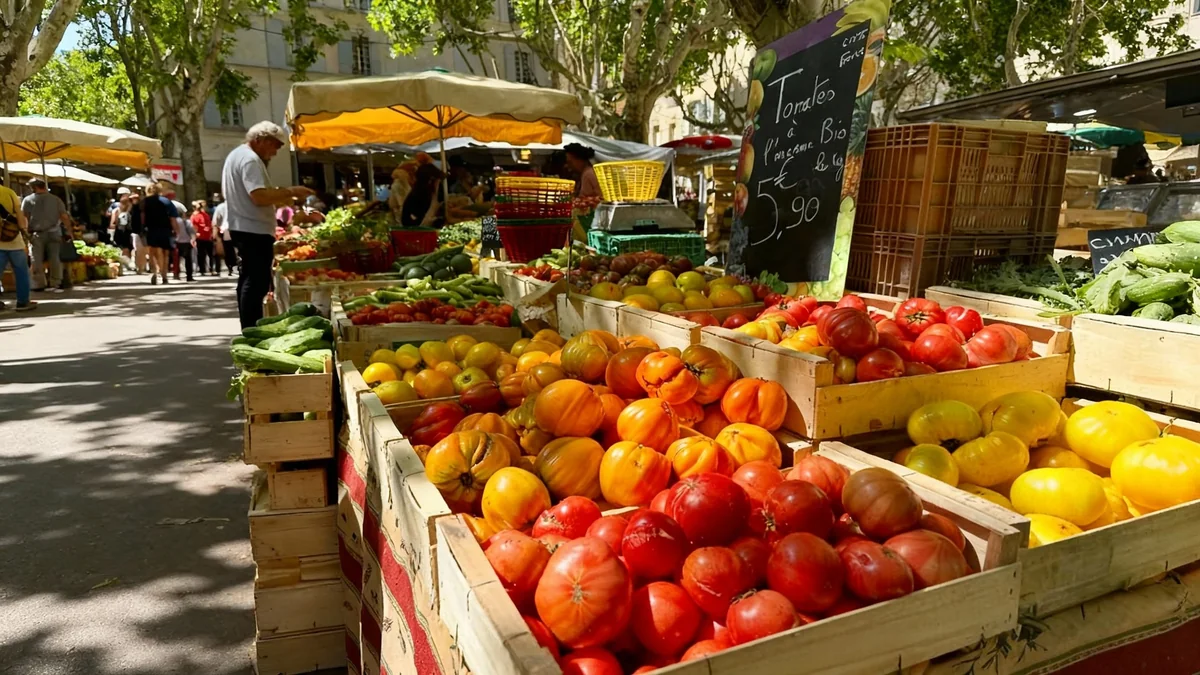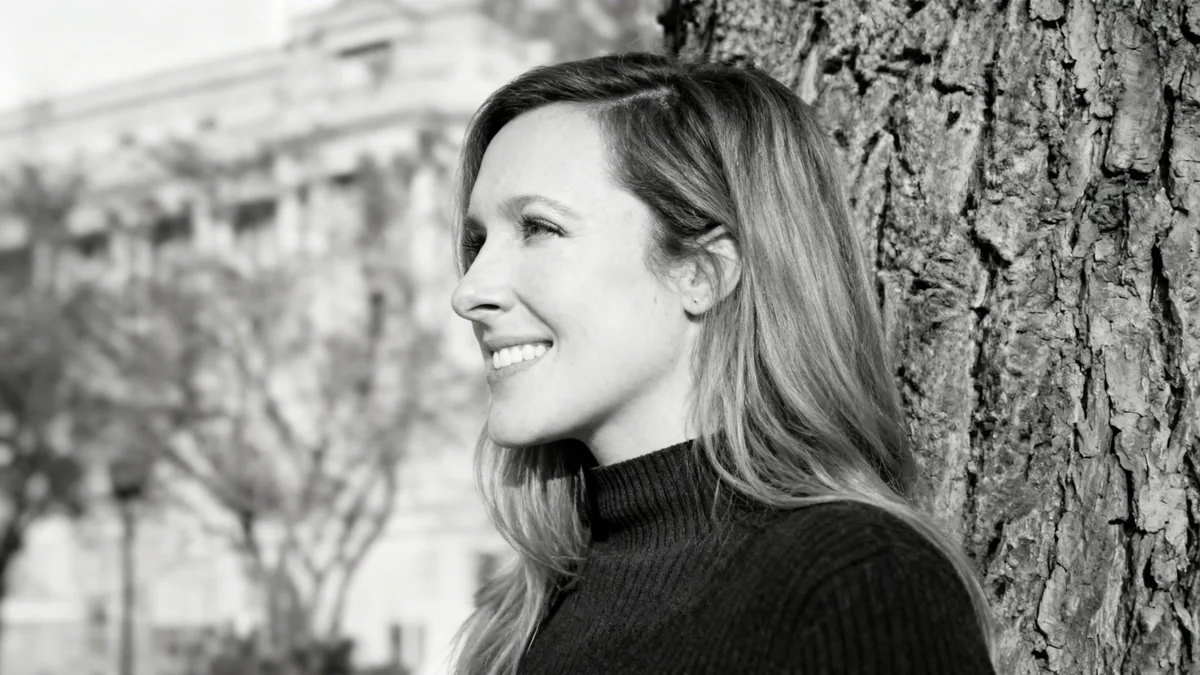Faced with overwhelming career burnout and the difficult decision of where to start over, one American woman turned to an unlikely source for guidance: an AI chatbot. The result was a life-altering move to a small, historic town in the south of France that she now calls home.
Julie Neis, a Michigan native, left a demanding tech career in the United States after experiencing severe anxiety, depression, and chronic fatigue. Seeking a slower pace of life, she decided to return to France, a country she had previously lived in and loved. But overwhelmed by choice, she asked ChatGPT to pick her new hometown based on a detailed list of her personal values and preferences.
Key Takeaways
- Julie Neis used ChatGPT to select a new town to live in after suffering from severe corporate burnout.
- The AI recommended Uzès in Southern France based on her desire for a slower lifestyle, good weather, and a strong community.
- The move has been successful, helping her recover her health and start a new business hosting retreats.
- This case highlights a novel use of artificial intelligence for major life planning and decision-making.
A Modern Solution to a Modern Problem
After years in a high-stress tech job that led to what she describes as a “fried” nervous system, Neis knew a radical change was necessary. She had previously lived in Paris for five years and felt a strong connection to France. However, upon returning, she found the capital city too “overstimulating” for her recovery.
Struggling with decision fatigue, Neis turned to technology for an answer. She provided ChatGPT with her personal history, her core values, and a detailed wish list for her ideal living situation. Her criteria included a slower pace of life, pleasant weather, local markets, and an established international community.
The AI chatbot analyzed her input and proposed two locations: Sarlat-la-Canéda in the Dordogne region and Uzès in Occitanie. When Neis asked it to make the final choice, the program selected Uzès, noting that Sarlat was more remote and might not fit her community needs as well.
“I know that sounds crazy, to let AI make a decision about your life,” Neis said. “But it was relieving me from the overwhelm that I felt, and it could just be an adventure.”
From San Francisco to Southern France
With the decision made by the AI, Neis began the process of relocating. She successfully applied for a Passeport Talent, a French residence permit for skilled professionals and entrepreneurs. Having lived a nomadic lifestyle for several years, she had few possessions to manage.
She quit her job, sold her car, and in March, arrived in the south of France with just two suitcases and a duffel bag. After taking a train to Avignon and renting a car, she drove to Uzès, a town she had never visited before.
Life in Uzès
Upon her arrival, Neis found the AI's recommendation to be “very accurate.” She quickly fell in love with the town's medieval architecture, the warmth of the local community, and the ability to walk everywhere. Her daily routine now includes coffee in the historic main square, Place aux Herbes, and browsing the town's popular twice-weekly market.
Neis rented a furnished one-bedroom apartment and began the work of building a new social circle. “Friendships are important to me,” she explained. “Community is important to me. And I just thought, maybe I’m not going to have that.”
Building a Community with a Digital Assist
Initially, Neis worried about feeling isolated in her new home. To document her journey and connect with others, she started a YouTube channel called “French Julie Travels.” The channel quickly helped her meet other international residents in the area, many of whom were retirees.
“When I met those expats, they were like, ‘Wow, you really bring our age down by quite a lot,’” she noted, adding that she has since connected with people closer to her own age. She also found the local culture a refreshing change from her previous corporate environment.
In France, she observed, a person's career is not the primary point of conversation. “It’s not the first question they ask,” she said. “Because that’s not the most important thing.” This shift in social focus was a welcome part of her recovery from work-related burnout.
Practical Adjustments
While the overall cost of living is lower than in the U.S., Neis acknowledges that local salaries are also lower and that prices have risen recently. She also misses certain American conveniences, such as grocery stores being open on Sundays. Accessing specific items, like Asian cooking ingredients, requires a full-day trip to larger nearby cities like Nîmes or Avignon.
Despite these minor challenges, the benefits have far outweighed the drawbacks. “I completely feel like myself again,” Neis stated. “I just can’t even express what a relief that is… I got to the point where I just thought I was never going to feel normal again.”
A New Chapter Powered by AI
Today, Neis is fully integrated into life in Uzès. Her YouTube channel has grown, and she has launched a new business hosting week-long retreats and food tours for visitors. She plans to stay in the town for the foreseeable future and is considering purchasing an apartment.
While she visits the United States annually, she does not envision moving back permanently. “It feels like this little town is where I’m meant to be — whether for now, a few years, or possibly forever,” she said.
Her unconventional approach to making a major life decision highlights a new way people are interacting with artificial intelligence. For Neis, letting an algorithm guide her path was a gamble that paid off, leading to restored health and a newfound sense of happiness.
“It’s scary to leave a full-time salary and not know how things will unfold,” she concluded. “But I’m so much happier. It’s an adventure, and I feel so lucky to be here experiencing this new life.”





